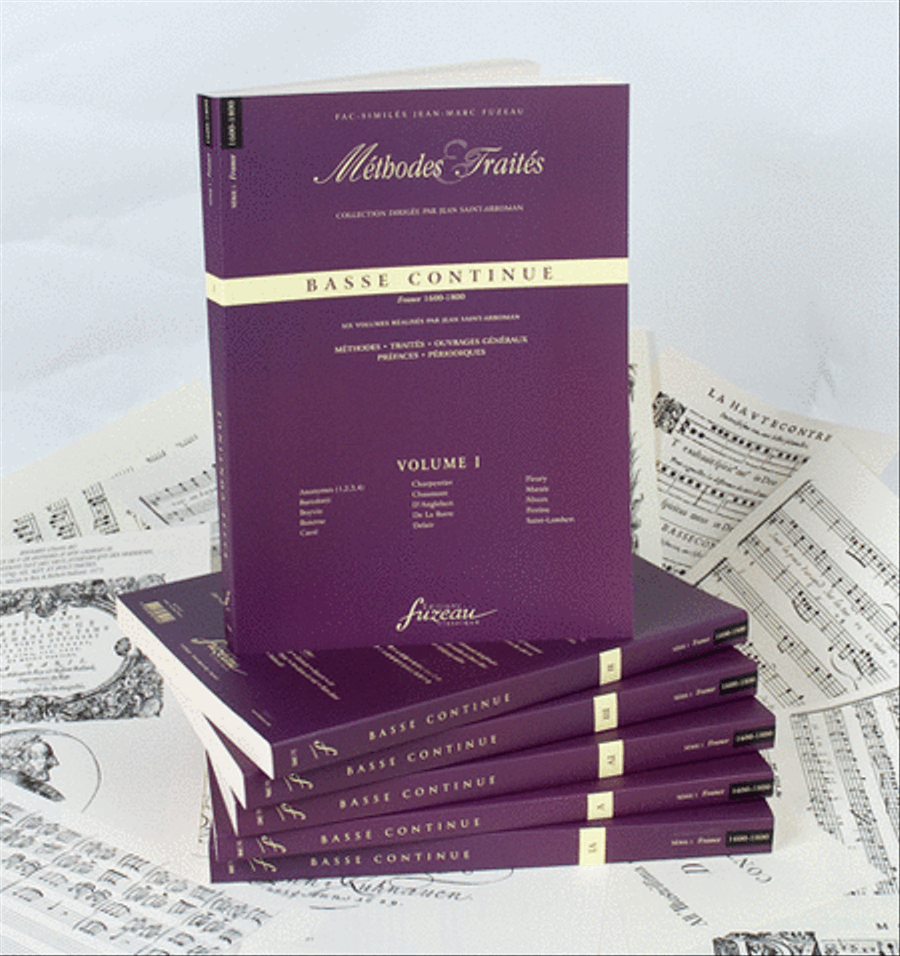Alexandre Pierre François Boëly (1785 - )


Alexandre Pierre François Boëly (Versailles, April 19, 1785 - Paris, December 27, 1858) was a French composer, organist, and pianist. Born into a family of musicians, Boëly received his first music lessons from his father, Jean François, who was a countertenor at the Sainte-Chapelle in Paris and a composer and harp teacher at the court of Versailles. He also studied under the Tyrolian pianist Ignaz Ladurner, who introduced him to the work of Bach and Haydn, which Boëly would champion in his ... (Read all)
Source : Wikipedia
Source : Wikipedia
FREE SHEET MUSIC
Hélène
Active criterias:
Search
| |||||









